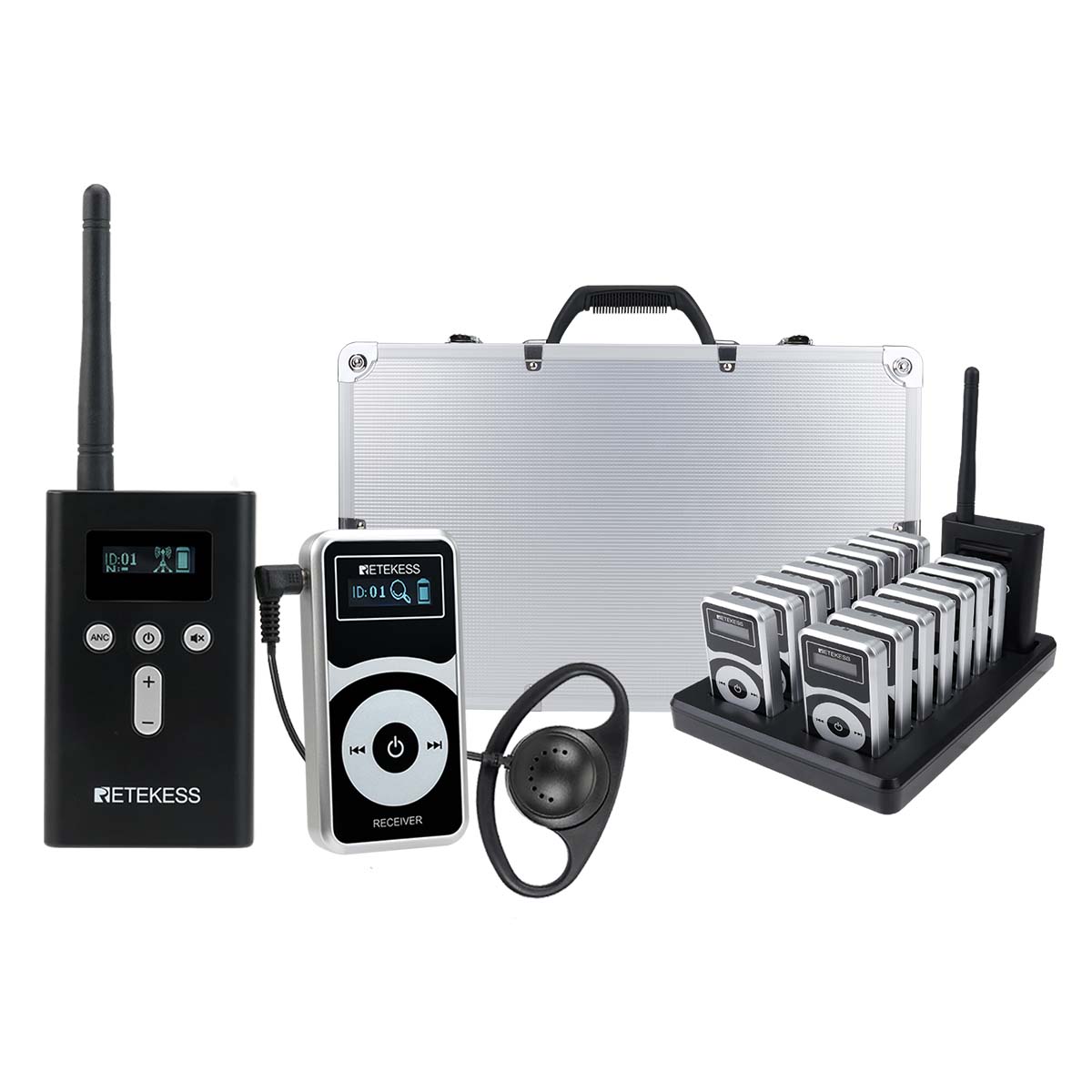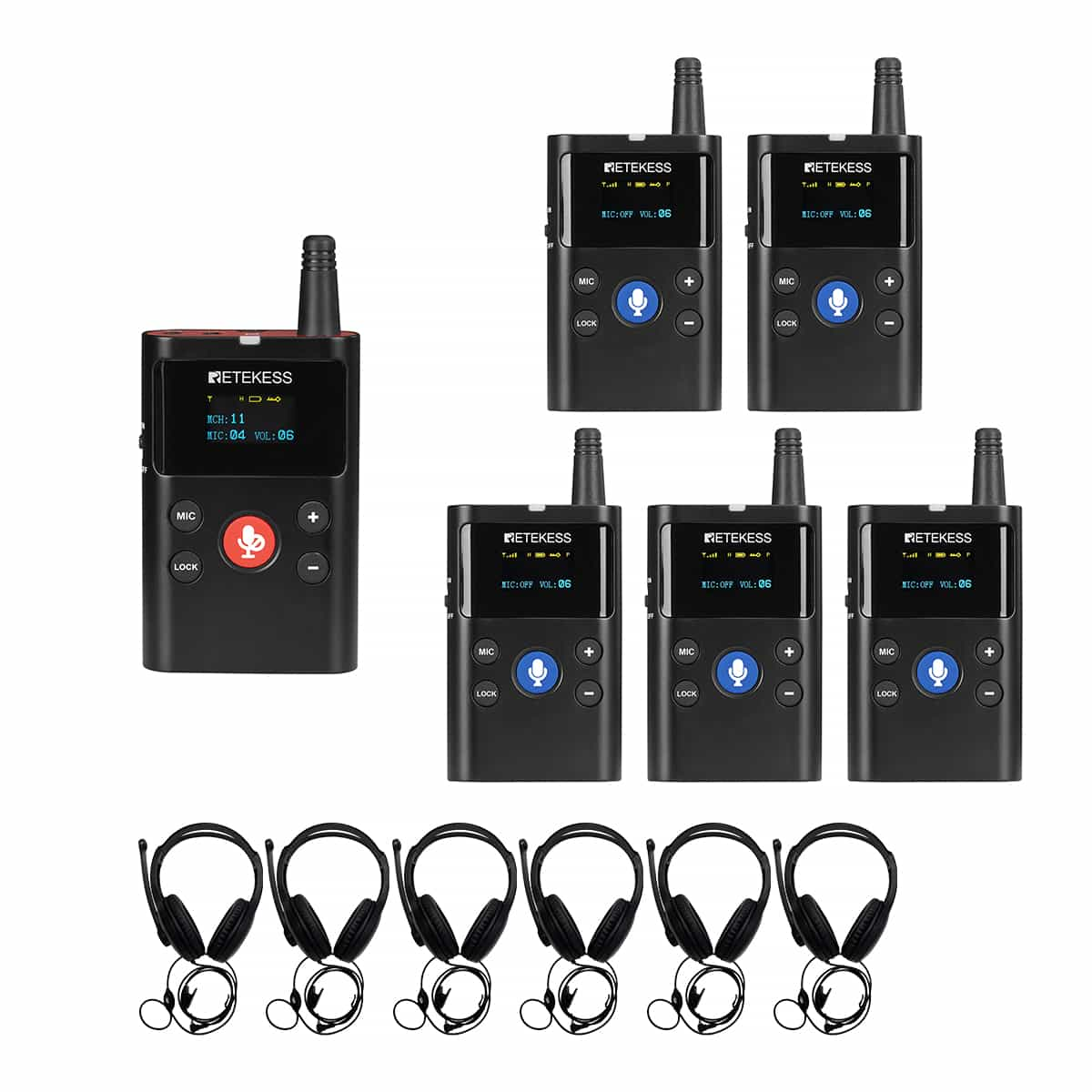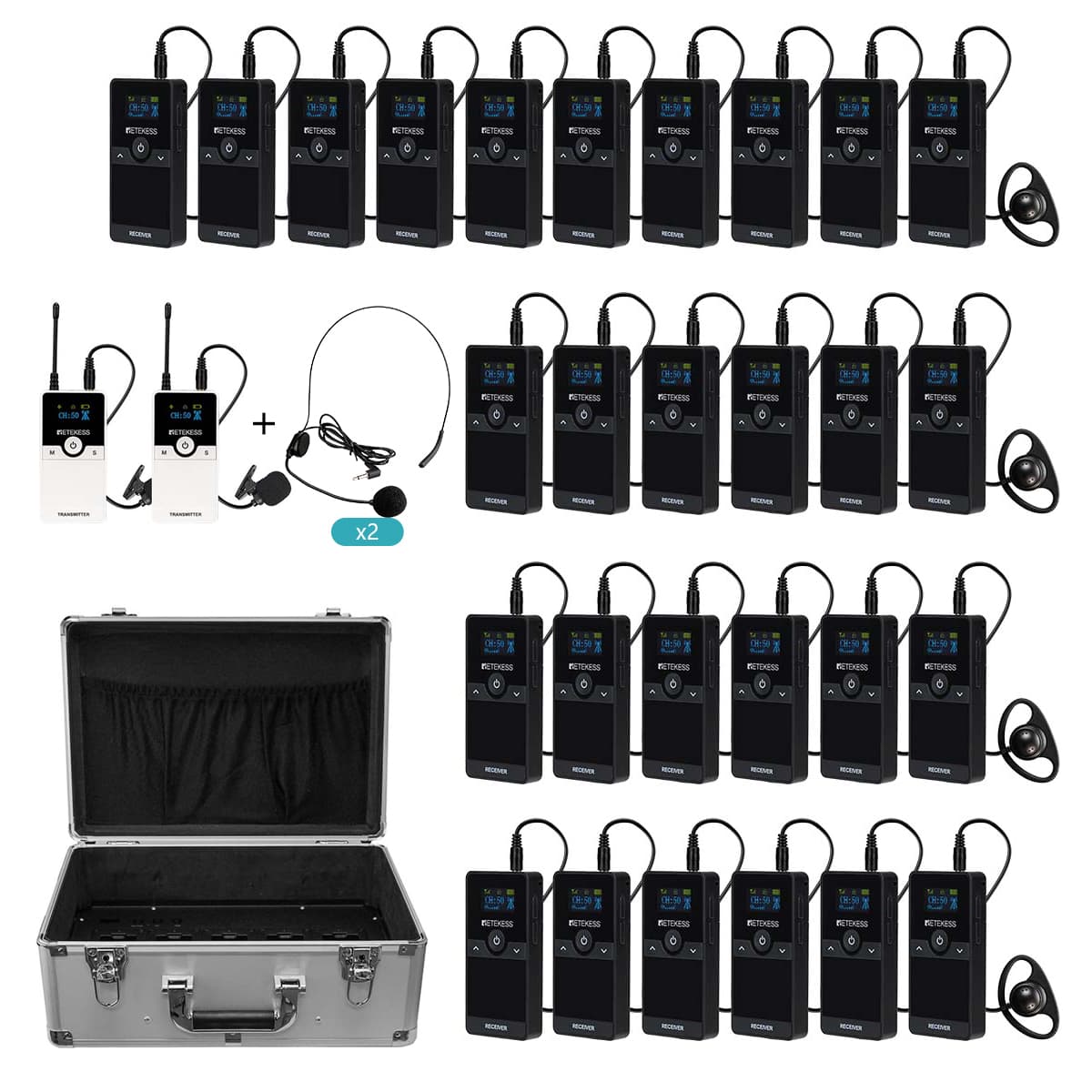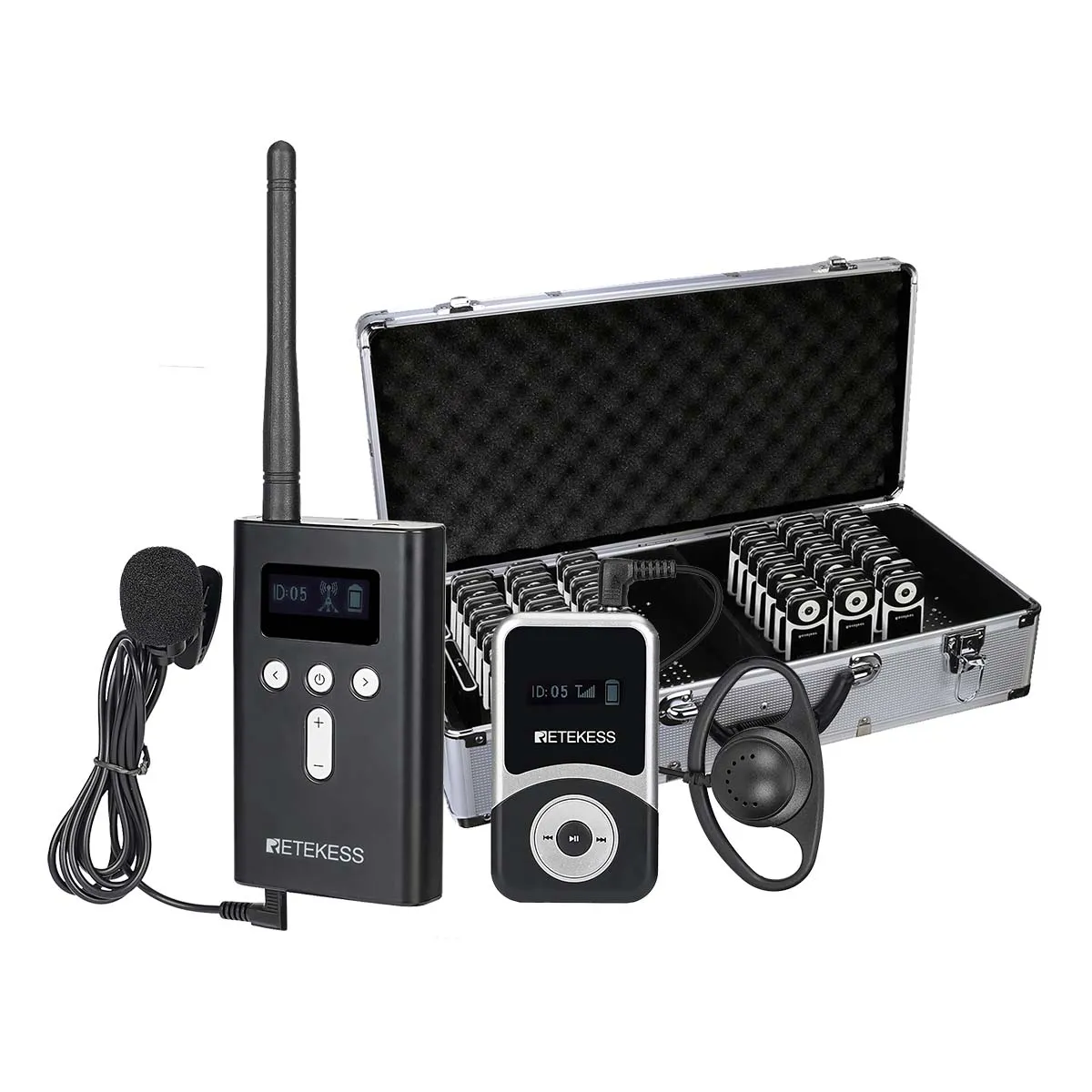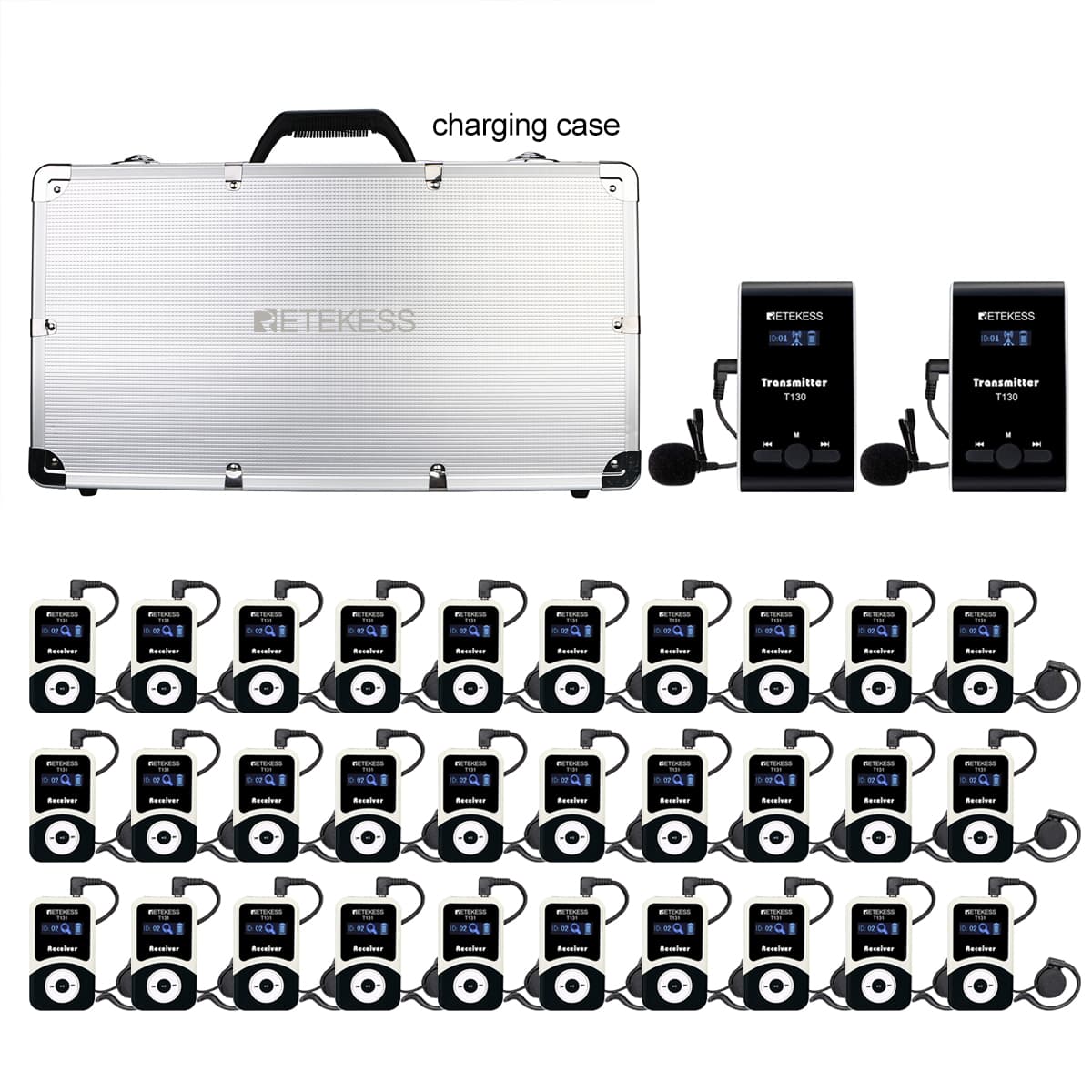Popular Products
The Difference Between Amplifiers and OTC Hearing Aids

The Difference Between Amplifiers and OTC Hearing Aids
- Amy
- sound amplifiers, otc hearing aids, Bluetooth hearing aids, self-fitting hearing aids, affordable otc hearing aids
In daily life, we often encounter the problem of hearing loss, especially in noisy environments. In order to solve these problems, a variety of hearing aids have appeared on the market, the most common of which are amplifiers and over-the-counter hearing aids. Although their function is to amplify sound, there are significant differences between the two, and they are suitable for different scenes and people.
First, let’s look at a table about personal amplifiers, over-the-counter hearing aids, and prescription hearing aids:
|
|
Prescription hearing aids |
personal sound amplifier |
|
|
Product type |
Medical devices Electronic products |
Medical devices Electronic products |
Electronic products |
|
Target users |
①People aged 18 and above ②For people with mild to moderate hearing loss |
①People of any age, including those under 18 years old ②Applicable to people with any degree of hearing loss (including severe) |
Hearing people of any age, for amplifying sound in specific environments |
|
Sales conditions |
①The purchaser must be 18 years of age or older ②No medical examination required ③No prescription required ④No specification testing by an audiologist required |
① Prescription required ② Must be purchased from a licensed seller in some states |
FDA does not regulate conditions of sale |
Hearing aids are used to compensate for hearing loss. Personal amplifiers are designed for people with normal hearing to amplify sound in specific environments (for example, when doing recreational activities such as bird watching or hunting). They can amplify sound, but cannot be used to compensate for hearing loss. They can only be used to amplify sound signals in special acoustic environments, such as noisy environments, hunting, entertainment, etc.
Therefore, amplifiers are more variable in product quality than over-the-counter hearing aids. Let's take a closer look:
一.Amplifiers
1. Working principle: Amplifiers usually amplify sound through built-in microphones and speakers. Their main function is to amplify the surrounding sounds so that the user can hear more clearly.
2. Advantages:
Low price: Amplifiers are usually much cheaper than over-the-counter hearing aids and are an affordable choice.
Easy operation: Amplifiers are usually simple to operate, do not require complex adjustments, and are easy to use.
Small size: Amplifiers are generally small and easy to carry.
3. Disadvantages:
Poor sound quality: The sound amplification effect of the loudspeaker is limited, and the sound quality is relatively poor, which may not effectively solve various hearing problems.
Single function: The loudspeaker can usually only amplify the sound and cannot be adjusted for different hearing losses.
Unable to filter noise: The loudspeaker cannot effectively filter background noise and does not work well in noisy environments. 4. Suitable for people:
Mild hearing loss: For people with mild hearing loss, the loudspeaker can help them hear better.
Occasions where the sound needs to be amplified occasionally: For example, listening to the radio, watching TV, talking to people, etc.

二.Over-the-counter hearing aids
1. Working principle: Over-the-counter hearing aids, also known as "personal hearing aids", use electronic technology to amplify the sound and adjust it according to the user's hearing loss.
2. Advantages:
Clearer sound quality: Over-the-counter hearing aids have better sound amplification and clearer sound quality, which can effectively improve hearing.
More functions: Over-the-counter hearing aids usually have multiple functions, such as volume adjustment, tone adjustment, noise suppression, etc., which can meet different needs.
More suitable for complex scenarios: Over-the-counter hearing aids can effectively filter background noise and can clearly hear sounds in noisy environments.
3. Disadvantages:
Higher price: Over-the-counter hearing aids are much more expensive than amplifiers.
More complicated operation: Over-the-counter hearing aids usually require some adjustments and are relatively complicated to operate.
Professional testing is required: Choosing over-the-counter hearing aids requires professional testing to determine the appropriate model and parameters.
4. Suitable for people:
Mild to moderate hearing loss: For people with moderate or severe hearing loss, over-the-counter hearing aids can provide more effective help.
People who need to use hearing aids for a long time: Over-the-counter hearing aids can provide a more stable and clearer hearing experience.
Regarding the common disadvantages of over-the-counter hearing aids mentioned above, the affordable HearingSense 1 Bluetooth hearing aid is equipped with an adaptive function and is fitted for you through scientific testing. You no longer need to go to the hospital offline. Because it is aimed at middle-aged and elderly people, the product operation is simple. It is not only a thoughtful gift for your family, but also a healthy gift for yourself.
Reasons to choose rechargeable bluetooth hearing aids:
1. Self-fitting OTC hearing aids prove comparable to professionally fitted
2. Lowest price for automatic custom settings with FDA-cleared hearing aids
3. Accuracy of hearing test results far exceeds that of hearing aids of the same price
4. Simple operation, multiple functions, support fine-tuning, noise reduction processing
5. Fast charging, 48 hours of battery life, easy Bluetooth connection
6. Easy and free returns within 30 days, 30 days of worry-free experience for better hearing
Bring gifts of love to your family!


